When it comes to addressing employee misconduct, crafting an effective report is crucial for maintaining a professional workplace environment. Not only does a well-documented letter help clarify the situation, but it also ensures that all parties involved understand the seriousness of the issue. In this article, we'll walk you through the essential components of an employee misconduct report letter, highlighting the importance of clarity and responsibility. Ready to learn how to address misconduct effectively? Let's dive in!
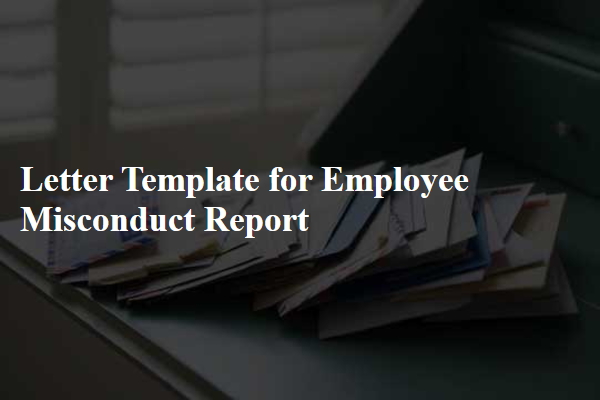
Clear Subject Line
Employee misconduct can significantly impact workplace culture and productivity, necessitating a precise and structured reporting approach. A clear subject line, such as "Employee Misconduct Report: [Employee's Name/ID] - [Date of Incident]," ensures the report is easily identifiable amidst a multitude of communications. Detailed documentation of the misconduct, including specific actions, dates (e.g., April 12, 2023), witnesses' names, and any relevant policies violated (such as Code of Conduct), is essential for clarity and thorough understanding. Reporting incidents promptly, within 48 hours, provides a cohesive timeline, facilitating appropriate investigation and resolution processes. Clear identification of involved parties and adherence to company protocols ensures a fair and structured approach to addressing the misconduct.
Employee Details
Employee misconduct reports are critical documents in workplace management. Essential employee details include full name, position title, employee identification number, and department. Date of the report marks when the misconduct was observed. Specific incidents described should include date, time, and location of the event. Clear descriptions of the misconduct behavior should be documented, illustrating how it violates company policies or codes of conduct. Witnesses' names and contact information, if available, provide additional context. Follow-up actions taken, such as warnings or disciplinary actions, should be included. These details create a comprehensive overview for future reference and ensure clarity in addressing the misconduct.
Specific Incident Description
The employee misconduct incident involved John Smith, a sales representative at ABC Corporation, on October 10, 2023. During a team meeting in the conference room at the headquarters, John made inappropriate comments regarding a colleague's presentation. The comments included derogatory remarks that were not only unprofessional but also disrespectful towards the colleague. Witnesses reported feeling uncomfortable, and the incident created a negative atmosphere within the team. Furthermore, John's behavior is a breach of the company's code of conduct, which emphasizes respect and professionalism in the workplace. The conduct not only undermines team cohesion but also impacts workplace morale. Immediate action is necessary to address this violation and uphold the standards expected at ABC Corporation.
Evidence and Documentation
Employee misconduct can have significant implications for workplace dynamics and productivity at organizations. For instance, instances of inappropriate behavior may cause distress among team members, leading to decreased morale and higher turnover rates. Detailed documentation, such as emails, time-stamped reports of incidents, and witness statements, serves as critical evidence in addressing accusations. Companies like Google and Amazon implement structured investigations to ensure fairness and compliance with employment laws. Misconduct examples may include harassment (verbal or physical), theft of company property, or violations of workplace policies. Accurate records of these behaviors are essential for protective measures and disciplinary action, ultimately maintaining a respectful and efficient work environment.
Company Policy Reference
Employee misconduct reports are essential for maintaining workplace integrity and adherence to company policies. Violations may include harassment, theft, or insubordination, directly impacting overall workplace morale and productivity. Company Policy Reference documents outline specific behavioral expectations, which are critical for addressing misconduct. These documents are typically located in the employee handbook or human resources documents, accessible to all staff members for review. A thorough investigation report is crucial, detailing incidents with precise dates, involved parties, and any witnesses present. Establishing a clear connection to the policies violated provides a basis for any disciplinary action. The role of HR is to ensure that proper procedures are followed, and investigations remain confidential, protecting both the reporting employee and the accused individual.

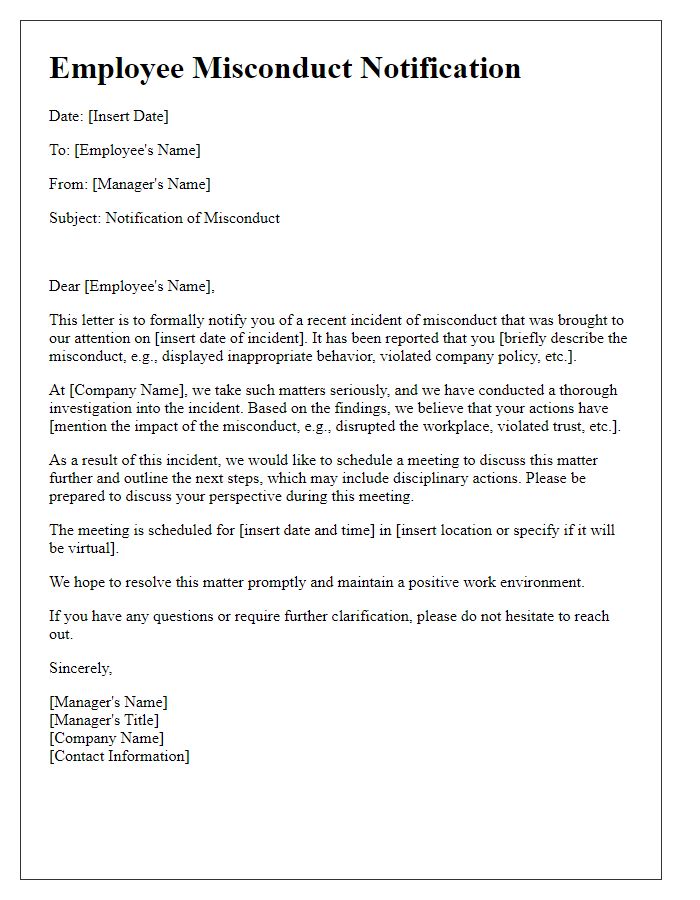
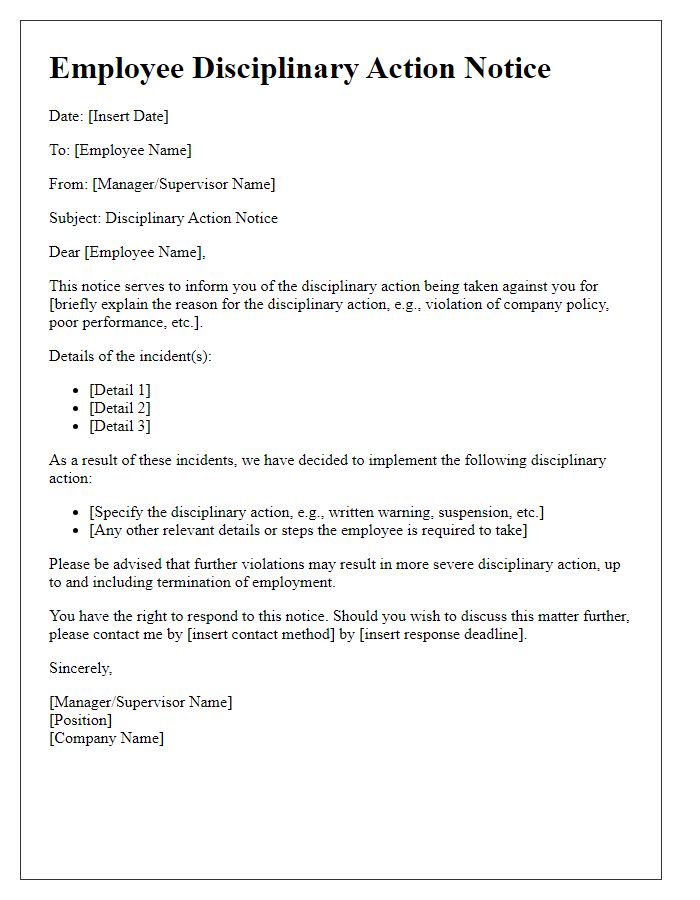
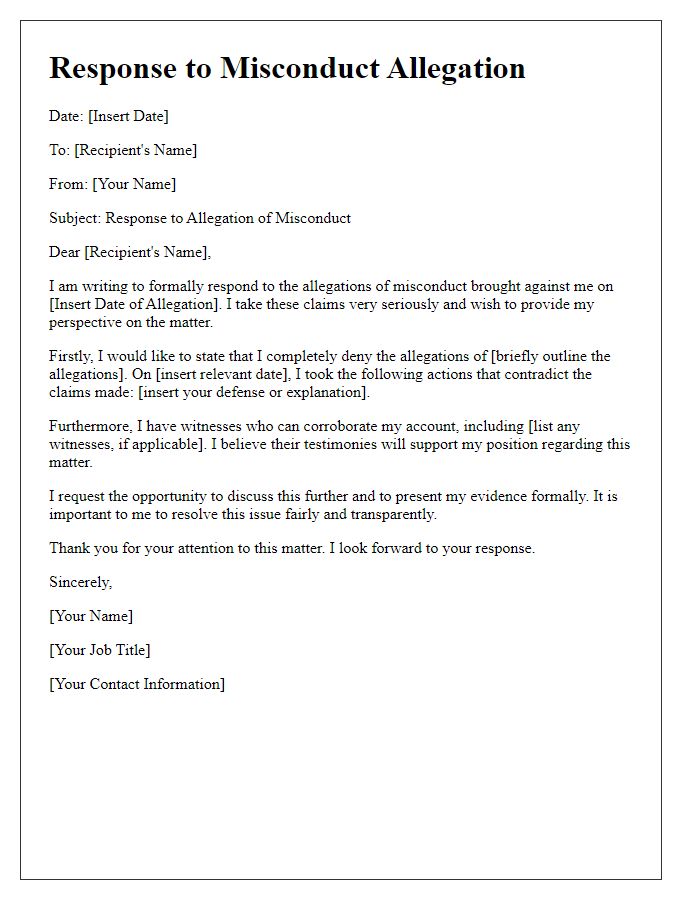
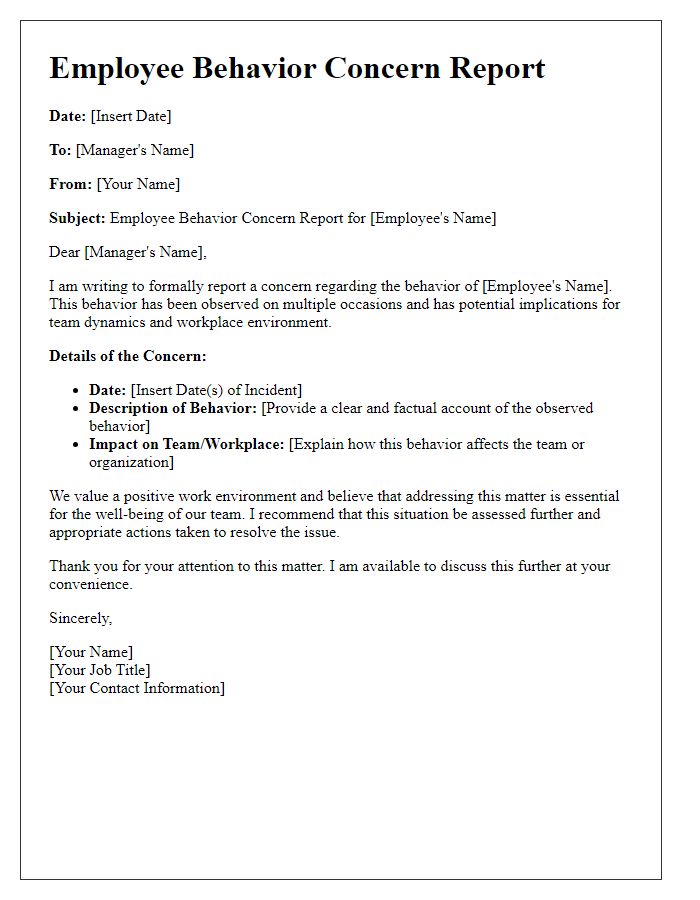
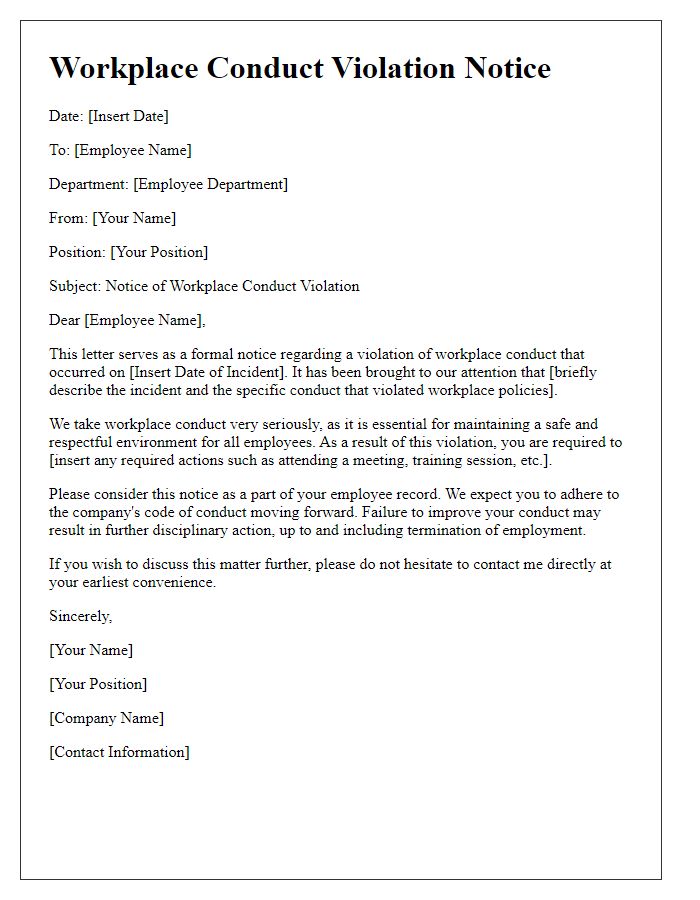
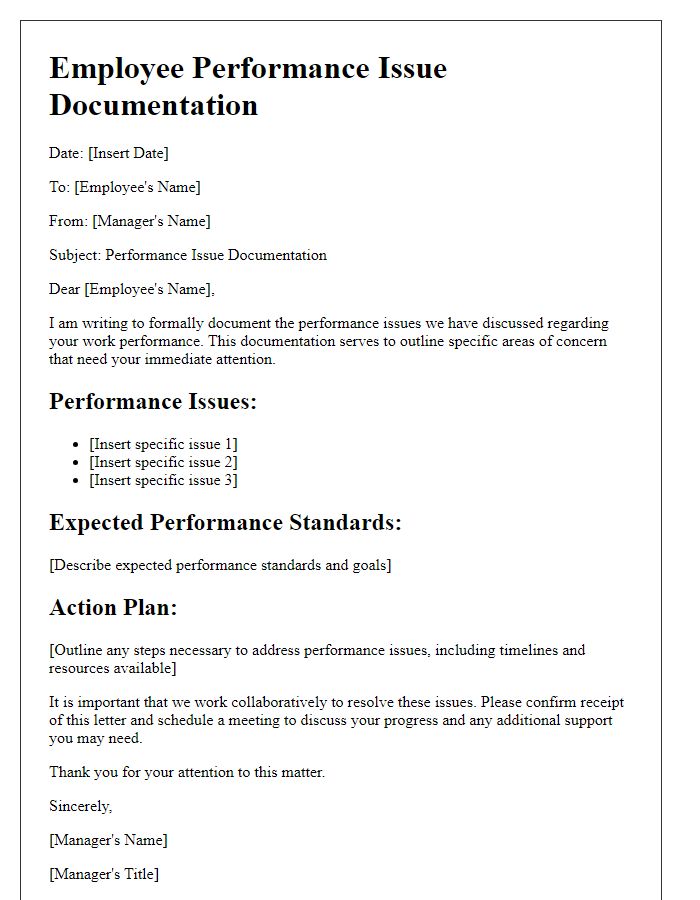
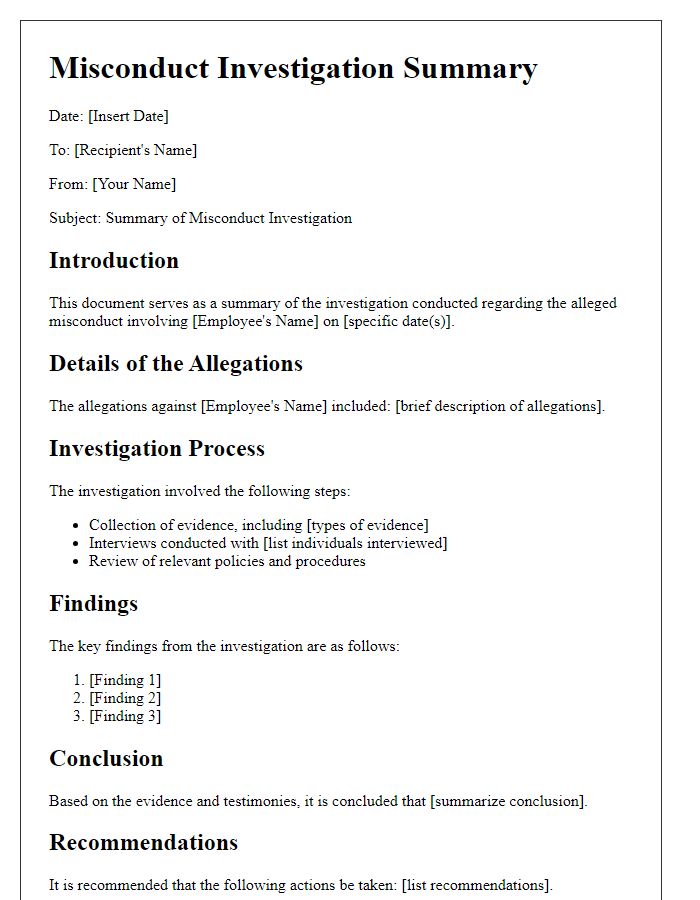
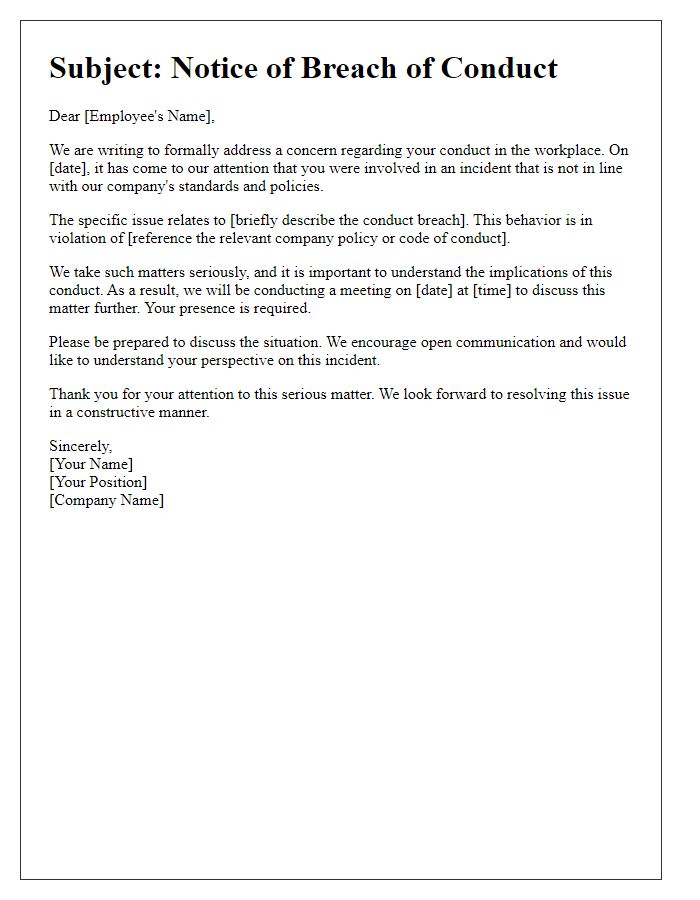

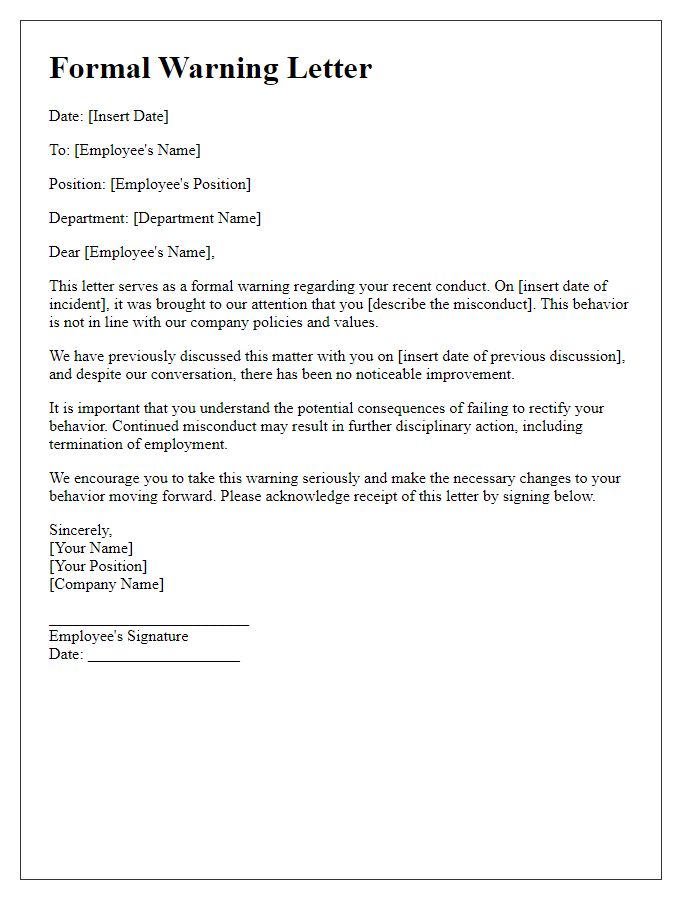

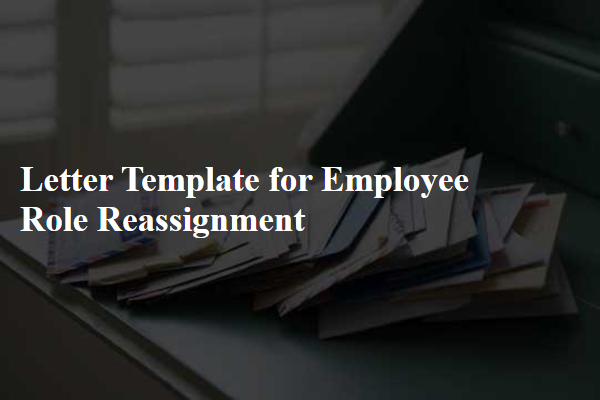
Comments